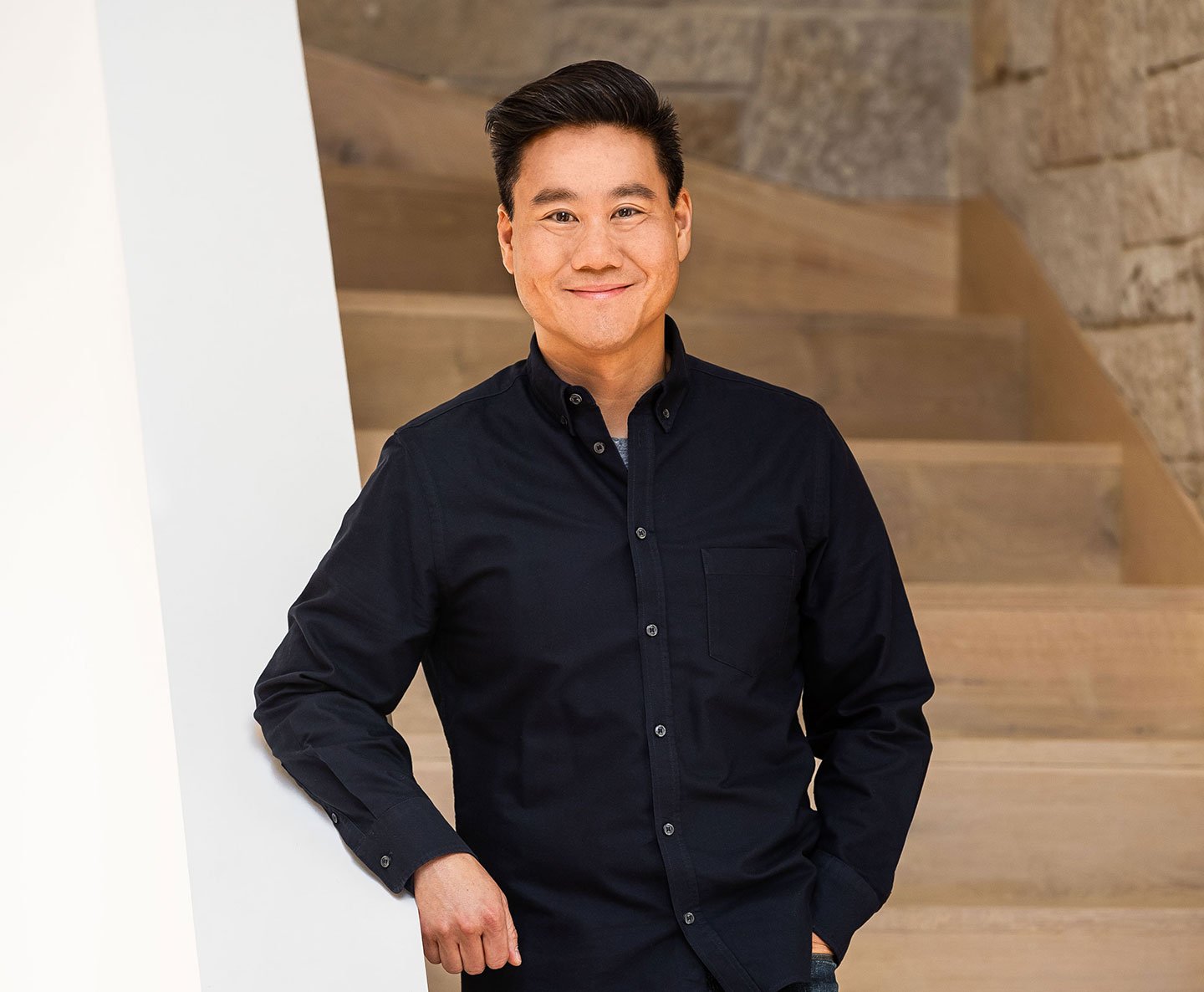From creative vision to category creation
My career started in 1996, just as the modern internet was born. The Netscape IPO a year earlier was this “Aha!” moment when everyone realized the massive potential of technology. I had just graduated from Stanford and jumped into working in tech. In 2003, I joined VMware, where I spent almost a decade as a product leader and executive. As an early hire, I watched the company grow from 250 to more than 15,000 employees.
At VMware, there was a premium placed on innovation and imagination, which was really the key to its success. It was about having a boundless creative vision of what a new technology could do and the confidence to will it into existence. I was the guy the founders brought in to launch new products, some failed, some succeeded. I learned the value of perseverance and the value of taking risks, eventually leading to a series of successful products and initiatives including Virtual Desktop Infrastructure, Cloud Foundry, and the cloud app platform team. That experience has made me a strong partner to founders at Greylock.
Altering market dynamics
I’ve been lucky to have worked or invested through several platform shifts including the internet, cloud, mobile, and now AI. Through all the market swings only the strongest companies survived—and even fewer of them managed to thrive. The ones that did were able to build technology and business models that fundamentally altered the dynamics of a specific market. These companies were able to build great products and marry them with great distribution to bring their products to users. I’m always looking for companies and founders that want to have a similarly foundational impact.
Many of the founders who can drive that kind of change know intuitively, or through observation, where a market’s going. It was clear that Martin Mao and Rob Skillington were those founders from the day we met. Over dinner and drinks over the course of several months, the three of us discussed and debated what would eventually become Chronosphere, the cloud-native observability platform. One of the meetings with Martin was the day of the Uber IPO, where he and Rob were working at the time, and we discussed the Chronosphere business plan. I remember thinking that today was this major milestone in his life and he was already focused on “what’s next.” The most inspiring founders have that focus, that obsession, that belief that the world needs what they are building.
Realizing greatness
I set very high expectations for myself when it comes to the way I work with founders. My goal is to help founders realize their full potential. That means pushing them when necessary and supporting them when things get tough. But no matter what, I want to do it with honesty and respect. Companies are started because of “product founder fit,” companies succeed because of “product-market fit” and “product-go-to-market fit.”
I also think that finding the right “founder-investor fit” can help smooth the journey. When I meet a world-class founder with the right combination of passion and grit, I’ll pursue the opportunity as aggressively as I can. I recognize that I’m seeking to work with exceptionally talented individuals, and I want to earn the right to work with them.



